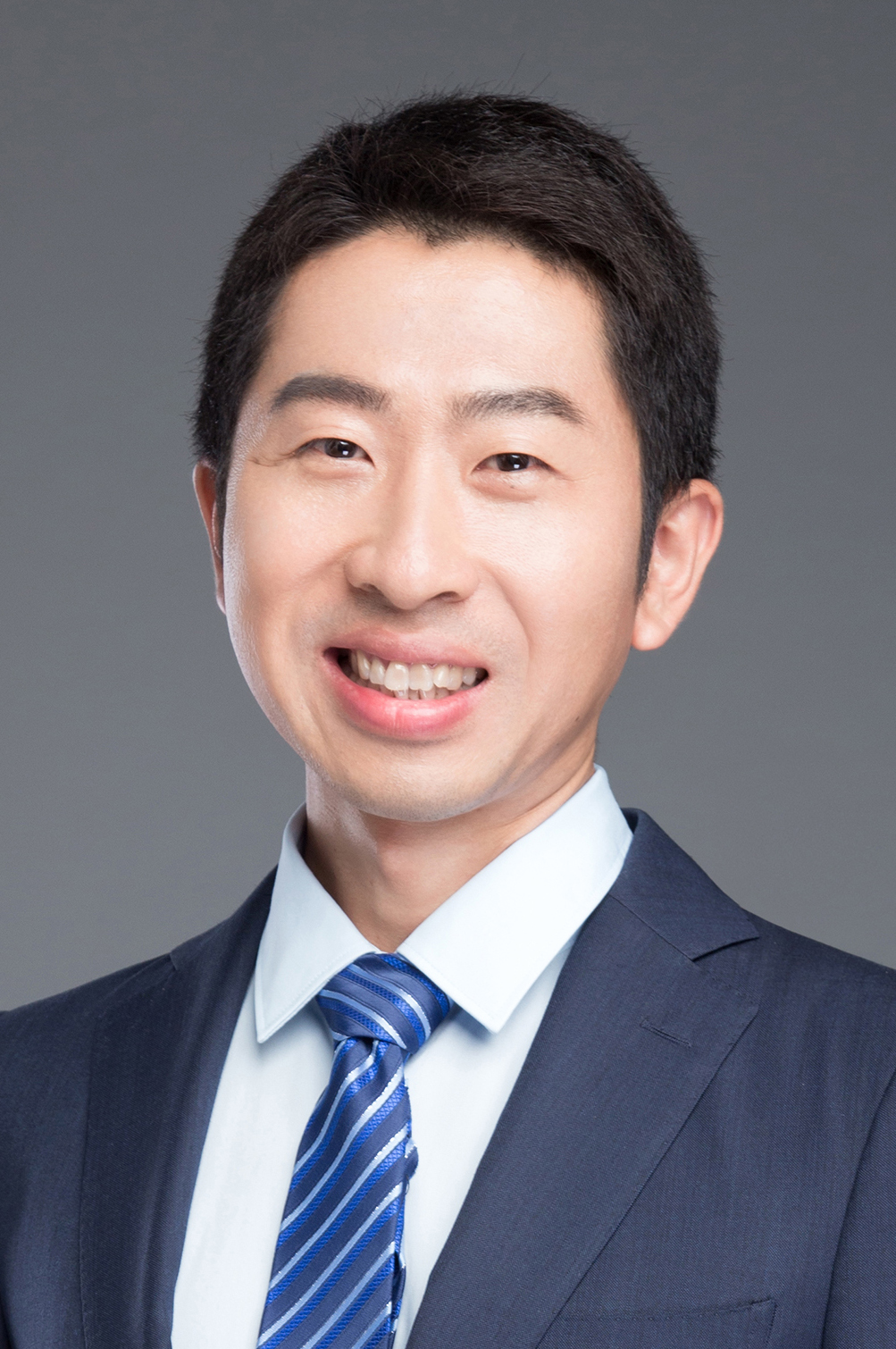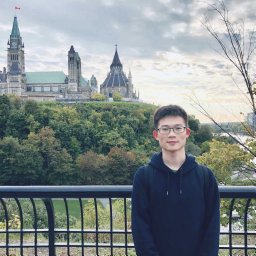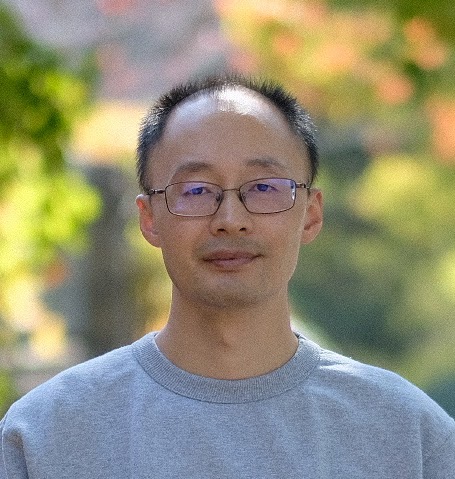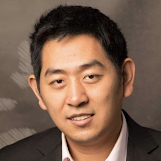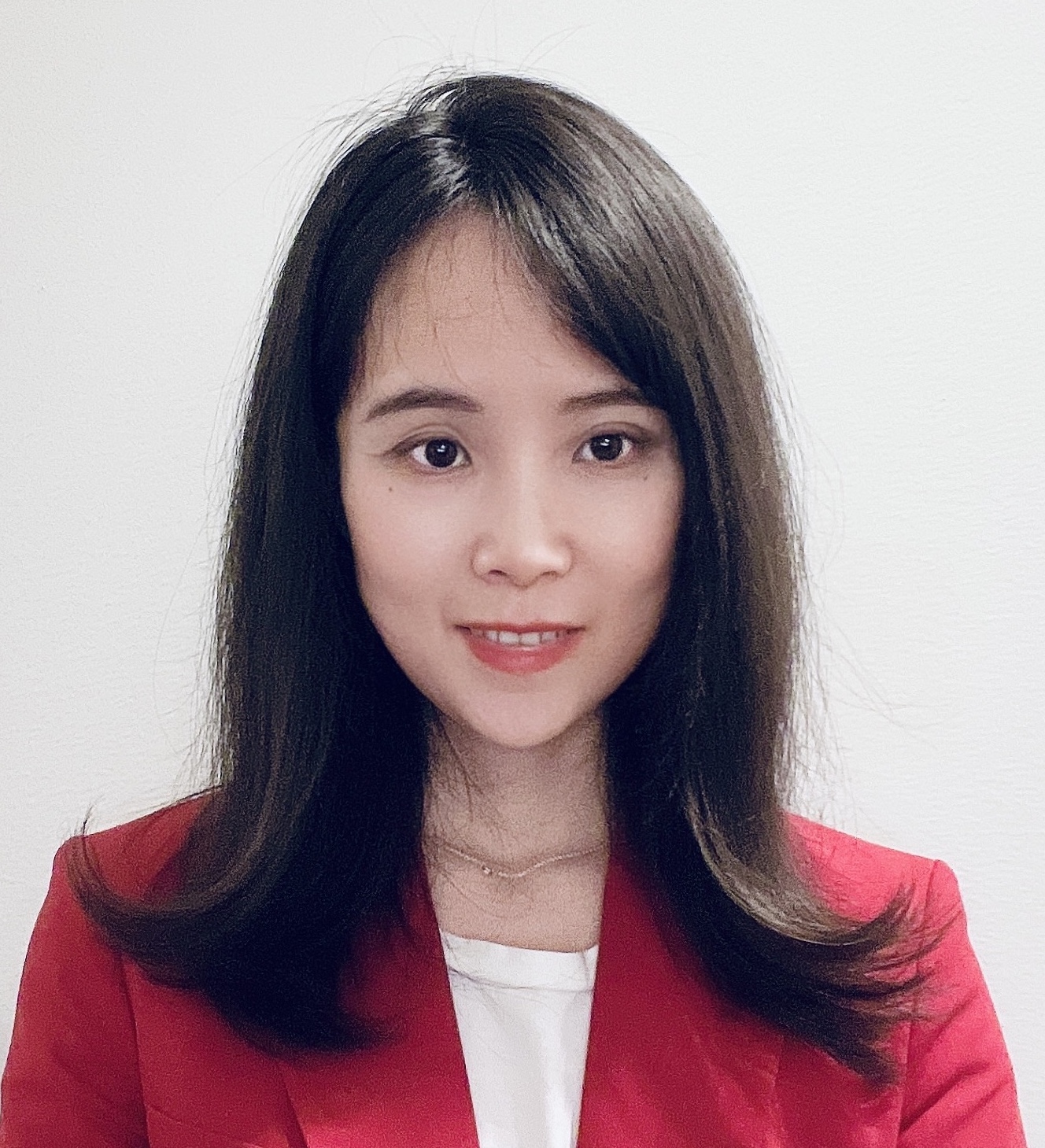Speakers
Title: A New Approach to TSDB Storage Engine Design
In this talk, I will talk about (1) characteristics of time series data, (2) major time series databases on the market, (3) data model comparison, (4) new approach for the storage engine design, (5) high cardinality issue for time series data, (6) time series database benchmark, and (7) the trend for time series data processing.
Title: Learning Healthcare Foundation Models: From Pre-training to Fine-tuning
Foundation models have recently garnered significant attention due to their powerful capabilities across various tasks. In the medical domain, although some medical foundation models have been developed, their ability to handle diverse medical tasks remains limited. To address this gap, Dr. Ma's lab has developed a series of medical foundation models using pre-training and fine-tuning techniques, tailored to the unique characteristics of multi-sourced and multi-modal clinical data. In this talk, Dr. Ma will detail the development and capabilities of these medical foundation models.
Title: Time Series Data based Industrial Intelligence in Large Model Era
Time series data is ubiquitous in the industrial Internet and has very high business value. However, traditional artificial intelligence algorithms have high development costs and customized models are difficult to reuse in multiple scenarios. Moreover, single point intelligence is difficult to support personalized analysis and decision-making. In this talk, we will explore how to use massive data to train high-quality foundation models, build various temporal data intelligence capabilities, and support the large-scale application of industrial intelligence. We will also introduce the practical experience and phased progress of core application scenarios such as gas customer demand forecasting and equipment predictive maintenance in ENN Group.
Title: Learning from Partially Observed Time Series: Towards Reality-Centric AI4TS
Advances in deep learning for time-series analysis have recently brought more possibilities to AI4TS, while new challenges arise when it comes to reality-centric scenarios. Irregular sampling, missing values, identification and exclusion of outliers make collected time series partially observed. As industrial practical applications request more robust machine learning, this presentation will share the latest research progress on partially observed time series and discuss future directions.
Accepted Oral Papers
* MuSiCNet: A Gradual Coarse-to-Fine Framework for Irregularly Sampled Multivariate Time Series Analysis Jiexi Liu, Meng Cao, Songcan Chen
* Sequential Treatment Effect Estimation with Variational Transformers: Application to COVID-19 Infection Clusters Jinho Kang, Sungjun Lim, Hojun Park, Jaehun Jung, Jiyoung Jung, Kyungwoo Song
* Adaptive Uncertainty Quantification for Trajectory Prediction Under Distributional Shift Huiqun Huang, Sihong He, Fei Miao
Accepted Posters
* Trend learning based loss function for time-series forecasting
Haibin Liao, Yiyang Hua, Li Yuan
* Neural Architecture Search for Self-Supervised Representation Learning on
Time-Series Data
Seoyoung Kim, Doguk Kim
* TimewarpVAE: Simultaneous Time-Warping and
Representation Learning of Trajectories
Travers Rhodes, Daniel D. Lee
* Affinity-Driven Transfer Learning For Load Forecasting
Ahmed Rebei , Manar Amayri , Nizar Bouguila
* EEG-SSM: Leveraging State-Space Model for Dementia Detection
Xuan-The Tran, Linh Le, Quoc Toan Nguyen, Thomas Do, Chin-Teng Lin
* Physical Process Guided Graph Neural Networks for Anomaly Detection in CPSs
Mengzhou Gao, Zehao Liu, Yifan Lu, Pengfei Jiao
* Context-aware Distance for Time Series
ZhihuiWang, Changlian Tan
* Unveiling the Secrets: How Masking Strategies Shape Time Series Imputation
Linglong Qian, Zina Ibrahim , Wenjie Du, Yiyuan Yang, Richard JB Dobson
* A Bilevel Optimization Framework for Peak Trough Aware Time Series
Forecasting
Jungmin Kim, Jaesik Choi


